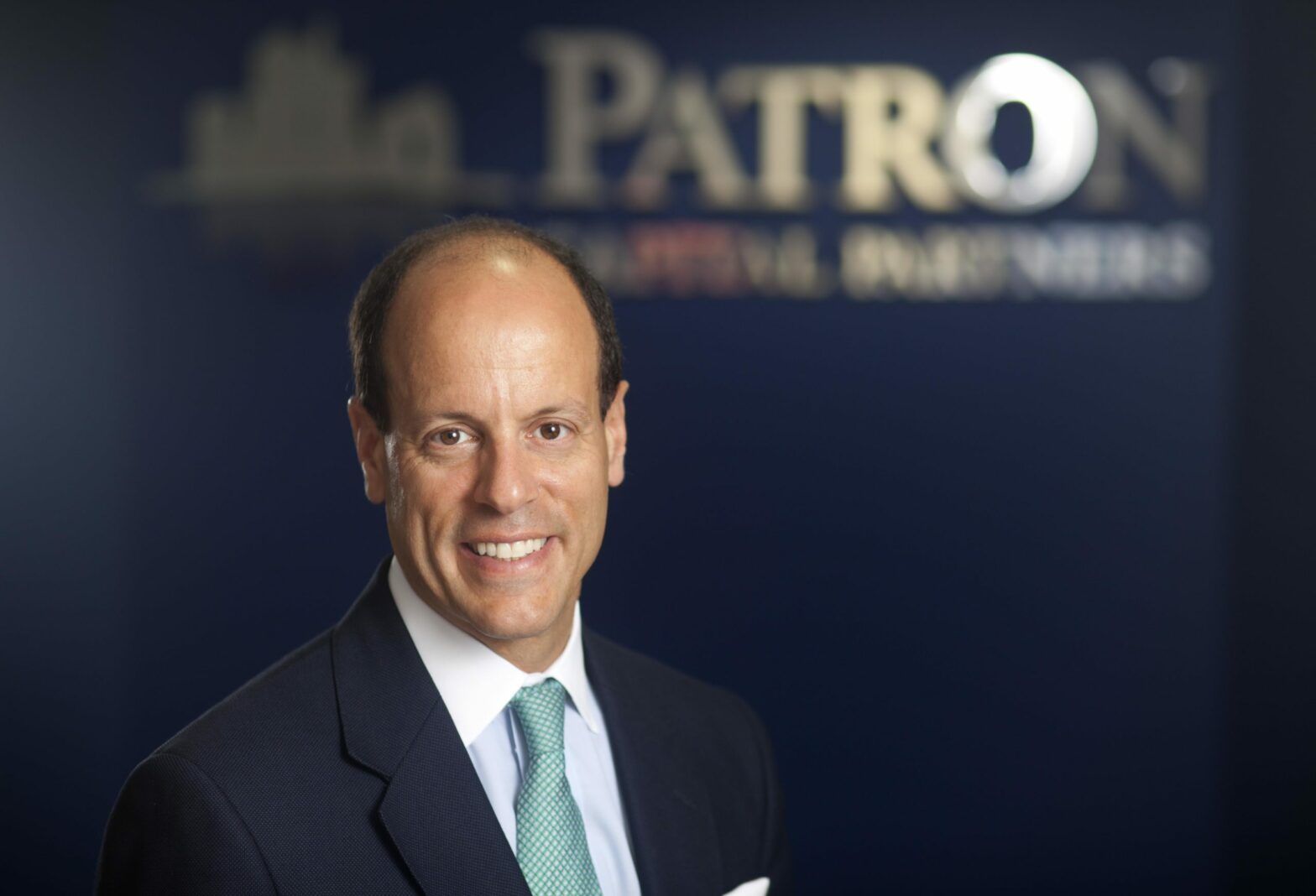Heraclitus, the Greek philosopher, said that “change is the only constant in life.”
R. Soloveitchik, the famous American rabbi, once explained how the opposing Greek philosophies of Parmenides and Heraclitus represent two fundamental aspects of the human personality – the need for permanence and the desire for change.
While the former creates a key anchor, the latter provides the opportunity for growth, if properly understood. The debates of Parmenides and Heraclitus may have been 2,500 years ago, but they feel extremely relevant this year.
There has been so much change this year – health, economics, social justice among many – and you’d be forgiven for having whiplash from the government turnaround that has taken us from ‘Eat Out to Help Out’ to a curfew on pubs and restaurants in a matter of weeks. The truth is we are looking down the barrel of a difficult six months with no magic ‘reset’ button that will guarantee a return to ‘normality’,
This causes problems for real estate investors. Sudden changes in human behaviour mean that the basis on which we use and value commercial property is in flux, and a recent survey by the law firm CMS relayed that in 2016, 60% of investors were interested in office assets, 51% in student housing and 47% in hotels and leisure assets. Now, only 33% are interested in offices, 24% in student housing, and just 9% in hotels and leisure. Meanwhile, there is increased competition for logistics, residential and even healthcare and other sectors that offer stable income streams.
What is the right strategy when matters are so uncertain? As many are scrambling to make sense of these changes, the key lies in some of the other lessons we have learned from the impact of Covid-19.
The pandemic has exacerbated existing issues in society, increased our awareness of them and to some degree fostered a mindset of collective responsibility. Coupled with the drive to do better, impact investments can be an outright attractive proposition.
This belief is becoming more widespread. The same CMS survey proved that, following the pandemic, 92% of investors said they will invest more into companies with a strong ESG strategy, while 62% of occupiers agreed that corporate social purpose has become more important since the pandemic. We have the opportunity to ‘build back better’. By investing in these areas and deliver a return to create attractive vehicles that will be defensive in a world of change.
See also: – Five social themes for a post-pandemic world
The investment need is clear if you consider domestic abuse in the UK as it is one of the leading causes of homelessness for women and children; but Women’s Aid has reported that 60% of women being referred to specialist refuges are being turned away, mainly due to lack of space.
This situation was aggravated by lockdown and as reported by the BBC’s Panorama in August, two-thirds of women in abusive relationships suffered an increase in violence from partners during the pandemic. Refuge, the UK’s largest domestic abuse charity, reported a 700% rise in calls to its helpline in a single day and there were 4,000 domestic abuse arrests in London alone in the first six weeks of lockdown.
In tandem and as the need for them skyrockets, services have struggled to remain fully operational during the pandemic. A Women’s Aid survey showed that 38 of 45 service providers had reduced or suspended at least one service as of 6 April.
Campaign groups, Southall Black Sisters and Compassion in Politics wrote to hotel chains in April asking them to open up rooms to those fleeing abuse. While the response from hotels was largely positive and should be applauded, this sort of short-term stop gap should not be necessary and is certainly not a sustainable long-term solution. Instead, the structural need that has been exposed can be met through impact investment strategies, such as those deployed by the Women in Safe Homes (WISH) Fund, the gender lens property fund that Patron Capital established alongside Resonance and Big Society Capital.
By prioritising a measurable and specific social impact equally alongside delivering a return, there is the potential for strategies such as these to make a long-lasting change for those who need it, stimulate investment and recovery following the pandemic, and make us all more robust in the face of future change. The only constant is change, so let us change our approach to investment for the better.








